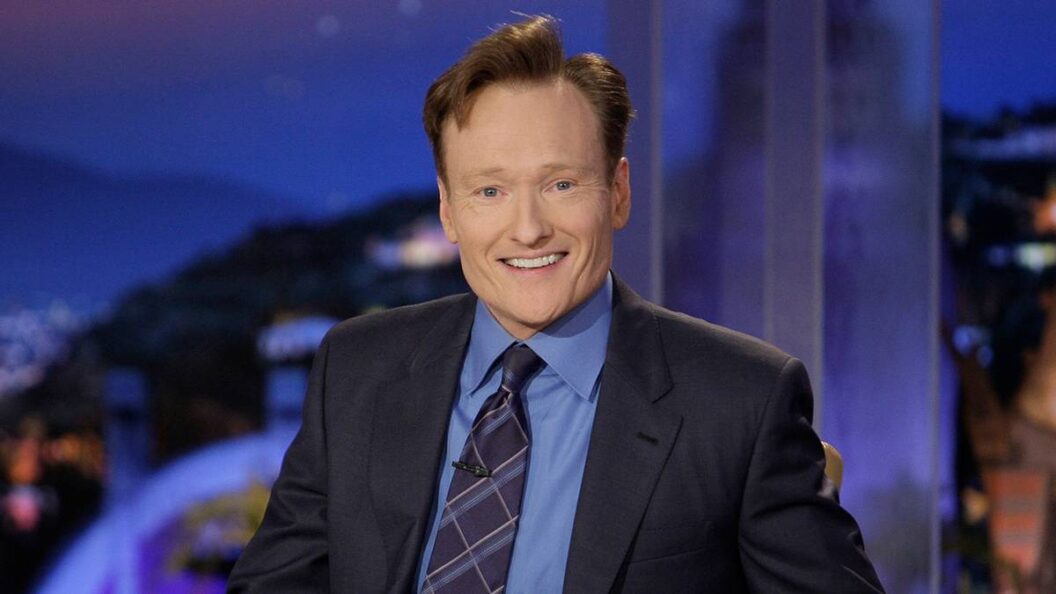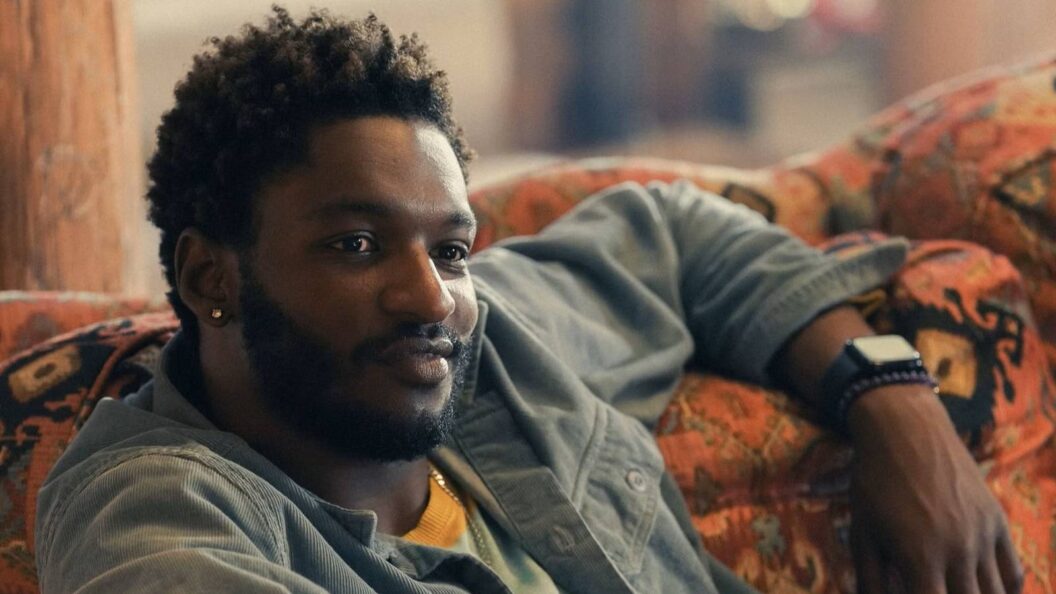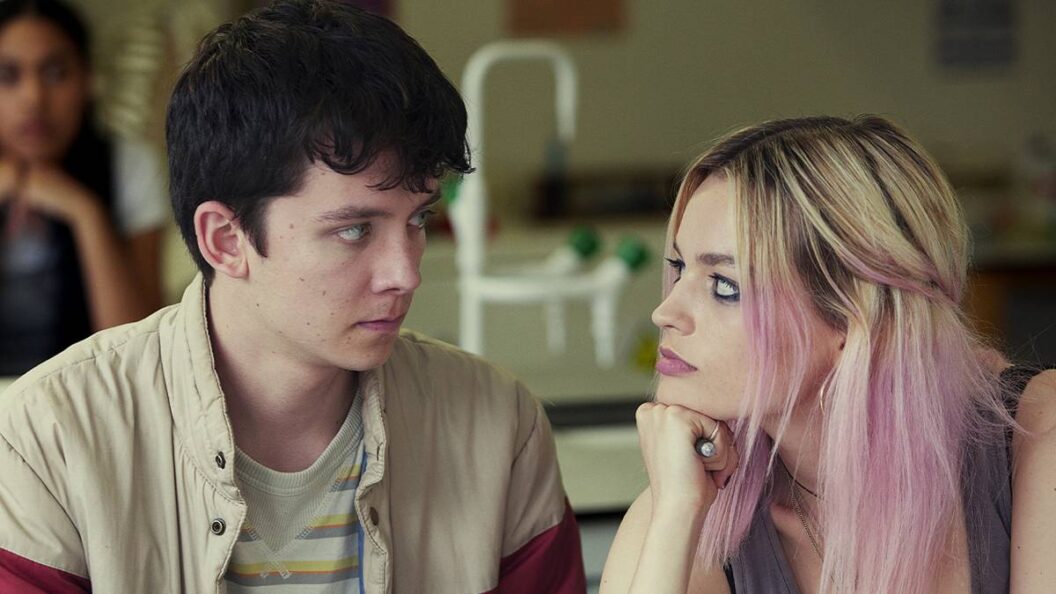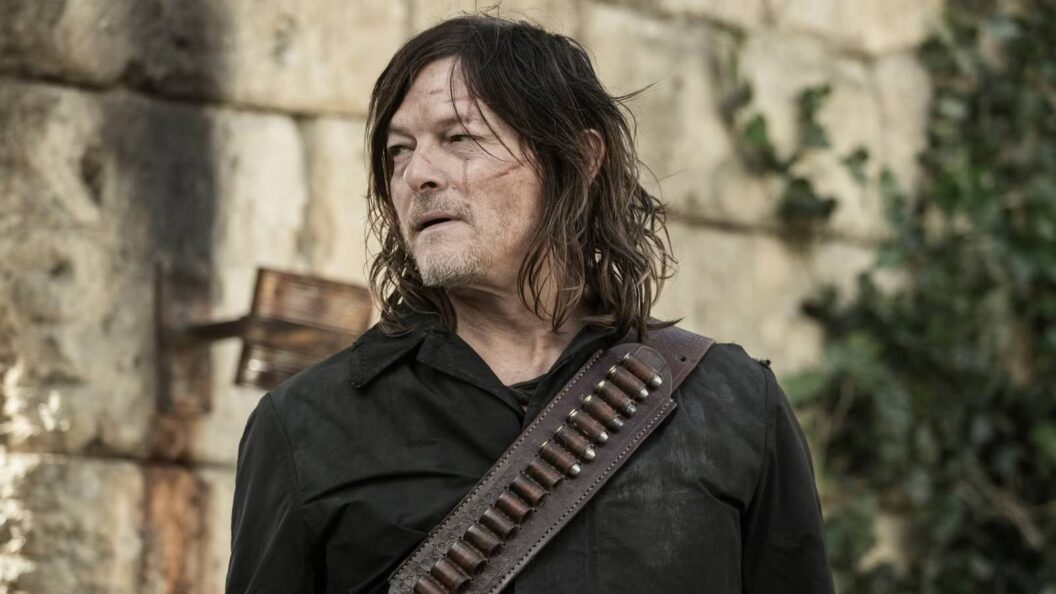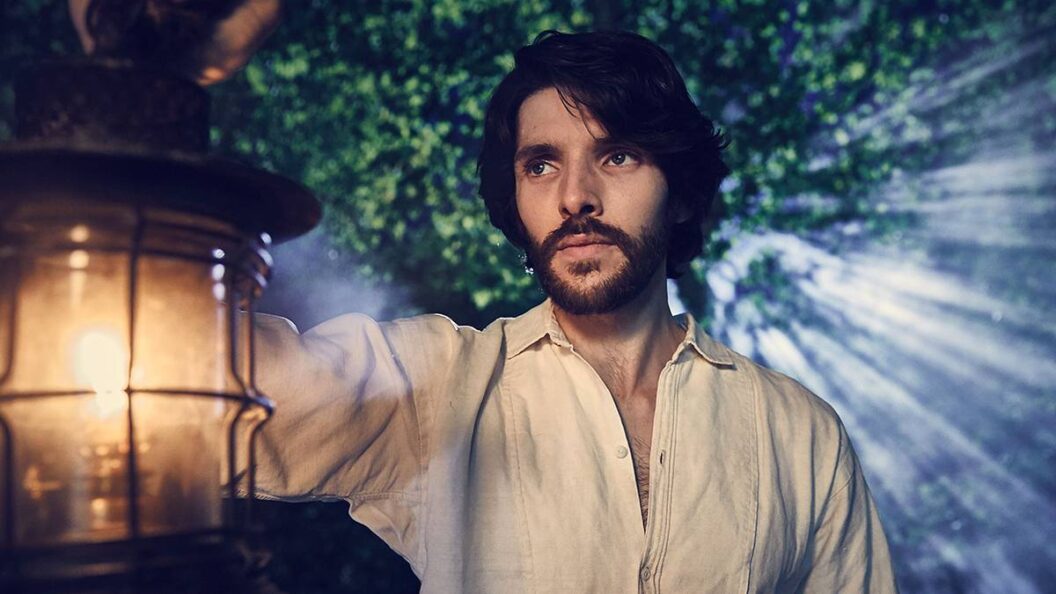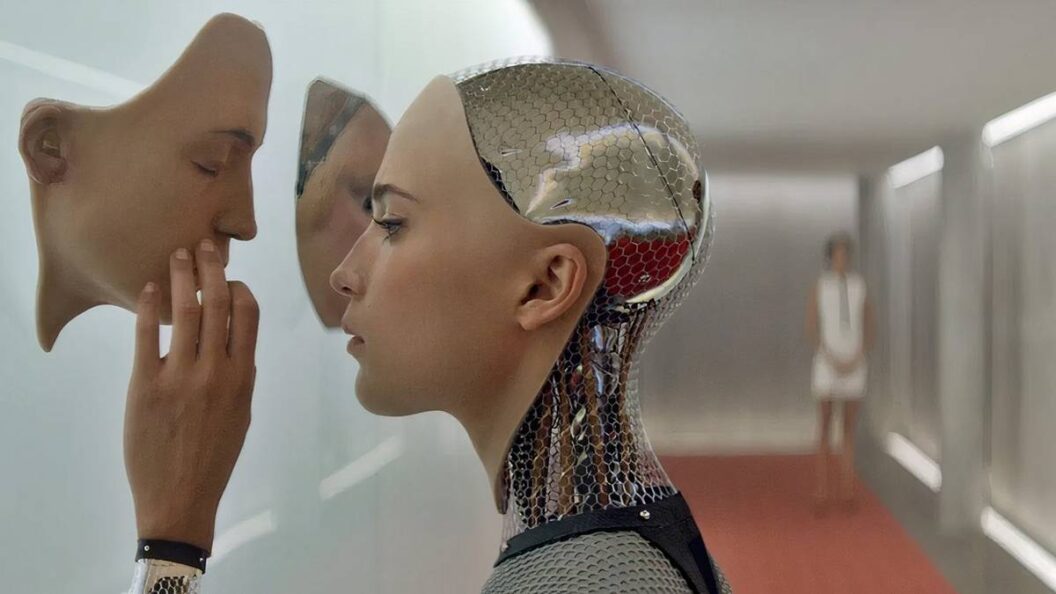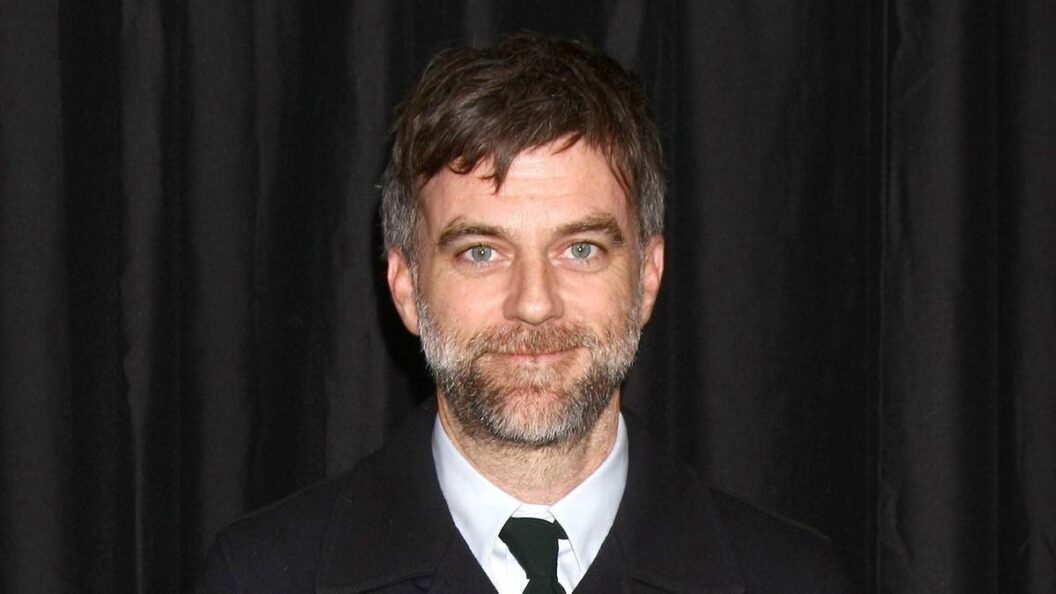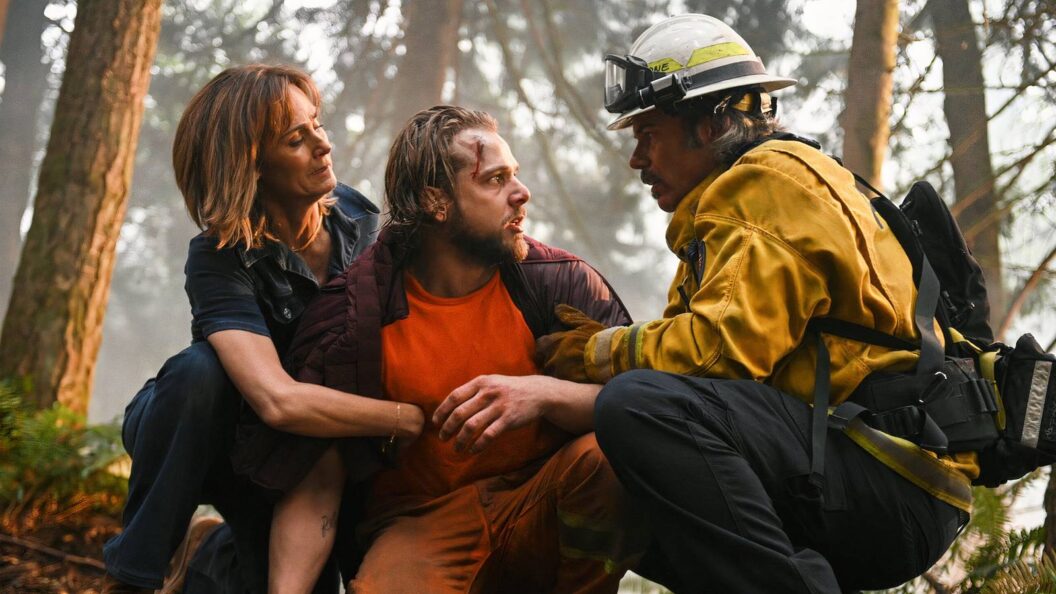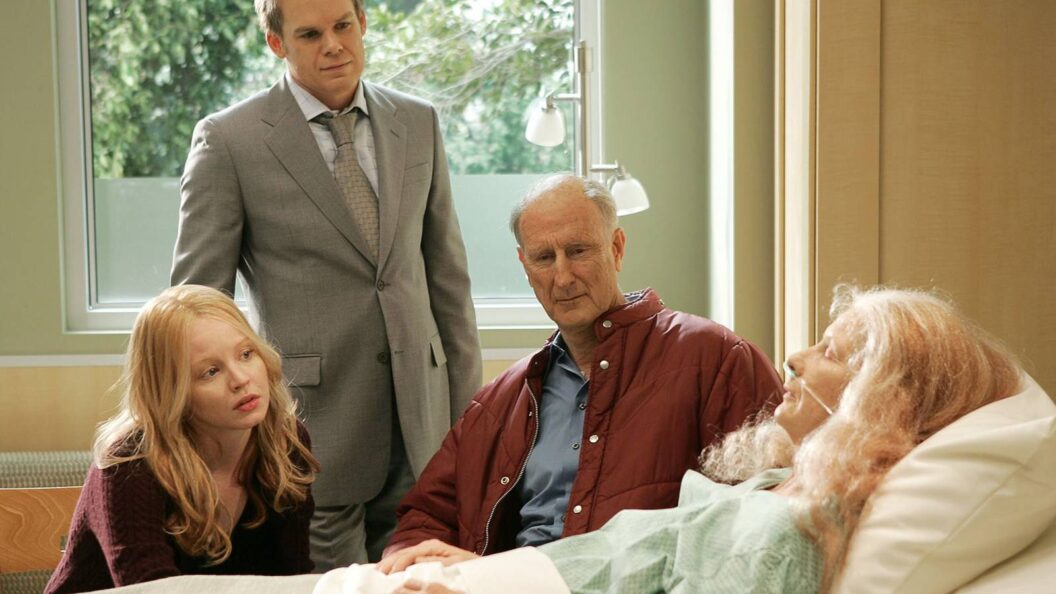Conan O’Brien Transitions to Dramatic Acting with "If I Had Legs I’d Kick You"
Conan O’Brien, a veteran of late-night television known for his work on NBC and TBS, is making a significant career transition by taking on his first dramatic role in the upcoming film If I Had Legs I’d Kick You. Since concluding his late-night series in 2021, O’Brien has engaged audiences through his podcast, Conan Needs a Friend, and his radio show on SiriusXM. However, this film marks a new milestone in his career, set to be released on October 10, 2025.
Conan O’Brien’s Late-Night Dream Realized
During a recent appearance on The Late Show with Stephen Colbert, O’Brien expressed his excitement about finally being in a position to showcase a movie clip, a privilege he long observed from the host’s chair. He remarked, “When I was offered this part, I immediately said yes, and for one reason… a jealousy started to grow.” After years of watching guests share their work, he now has the opportunity to do the same. O’Brien humorously noted that he had never previously introduced a movie clip, adding a personal context to his character—he plays the therapist to Rose Byrne‘s character.
In this segment, O’Brien cleverly set up a scene from the film, depicting underlying tensions in his character’s relationship with Byrne’s. "You’re starting to smell burned rubber here," he quipped, illustrating the growing friction. This integration of roles marked a unique moment where O’Brien could finally address and praise his own performance, an experience he had longed for during his late-night career.
Plot Overview of "If I Had Legs I’d Kick You"
Directed and written by Mary Bronstein, If I Had Legs I’d Kick You delves into the life of Linda (played by Byrne), whose world unravels after her home is destroyed, leading her to a shabby hotel while her husband, portrayed by Christian Slater, is away. The screenplay tackles weighty themes as Linda grapples with confusing dreams and professional dilemmas, including a worried new mother (played by Danielle Macdonald) fearful of motherhood.
Beyond her professional challenges, Linda also faces personal struggles, notably her daughter’s declining health and growing resentment towards her therapist—O’Brien’s character. The film promises an engaging blend of humor and drama, intended to resonate with audiences experiencing similar life challenges.
The cast also includes A$AP Rocky, whose character offers surprising kindness amidst the chaos, and Ivy Wolk, who plays the hotel receptionist. Collectively, they contribute to a rich emotional landscape, hinting at a narrative that balances seriousness with themes of compassion and resilience.
Significance and Future Implications
O’Brien’s shift from comedy to drama not only represents a personal evolution but also speaks to broader trends in television and film, where established entertainers often explore varying genres. As O’Brien embarks on this new chapter, his ability to engage audiences with diverse performance styles will be a crucial test of his versatility as an actor.
The A24 production is anticipated to attract viewers who are curious about O’Brien’s transition, as well as those who appreciate indie films that address deep personal struggles. The emotional depth showcased in the trailer and promotional snippets suggests that If I Had Legs I’d Kick You could open new avenues for O’Brien, potentially establishing him as a dramatic actor in addition to his comedic roots.
As the release date approaches, industry observers and fans alike are eager to witness O’Brien’s performance and how he navigates this significant career milestone. The film is expected to deepen his connection with audiences while challenging their perceptions of him as merely a late-night host.
In conclusion, Conan O’Brien’s foray into dramatic acting through If I Had Legs I’d Kick You not only fulfills a long-held career aspiration but might also redefine his legacy in the entertainment industry. This transition underscores the importance of adaptability and growth for artists, reflecting the evolving landscape of the film and television industry.



